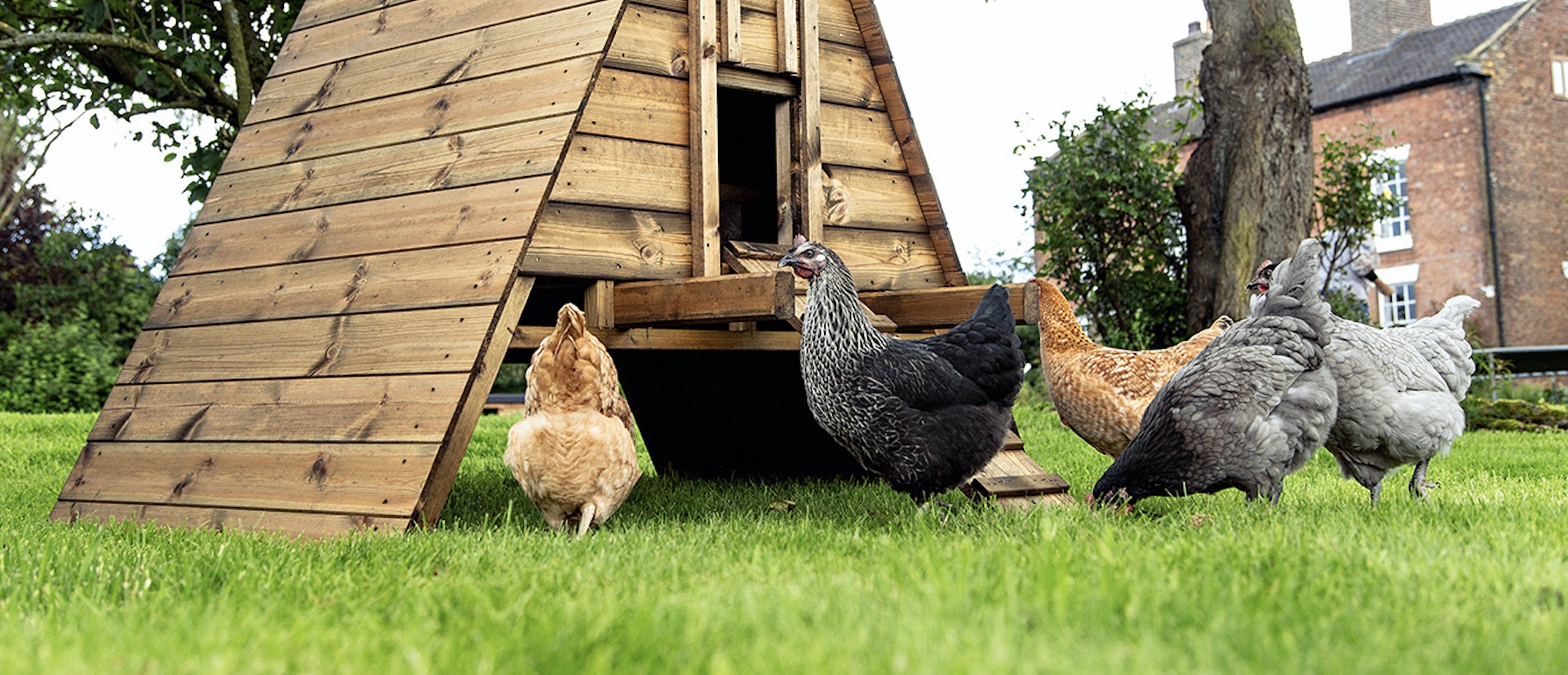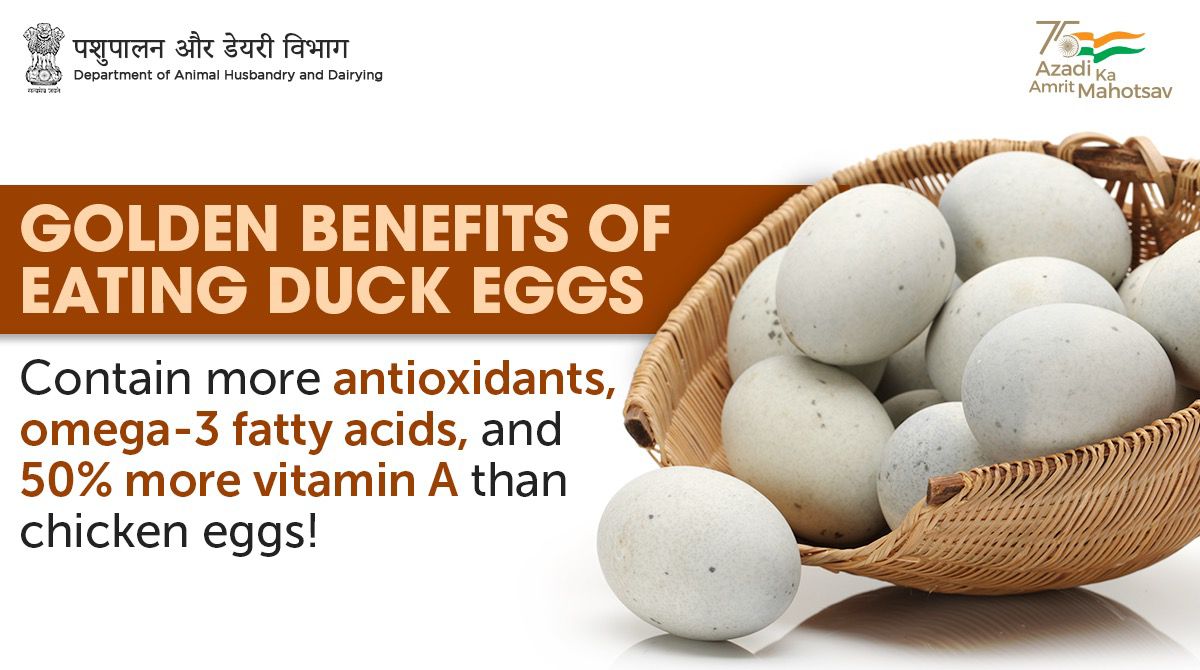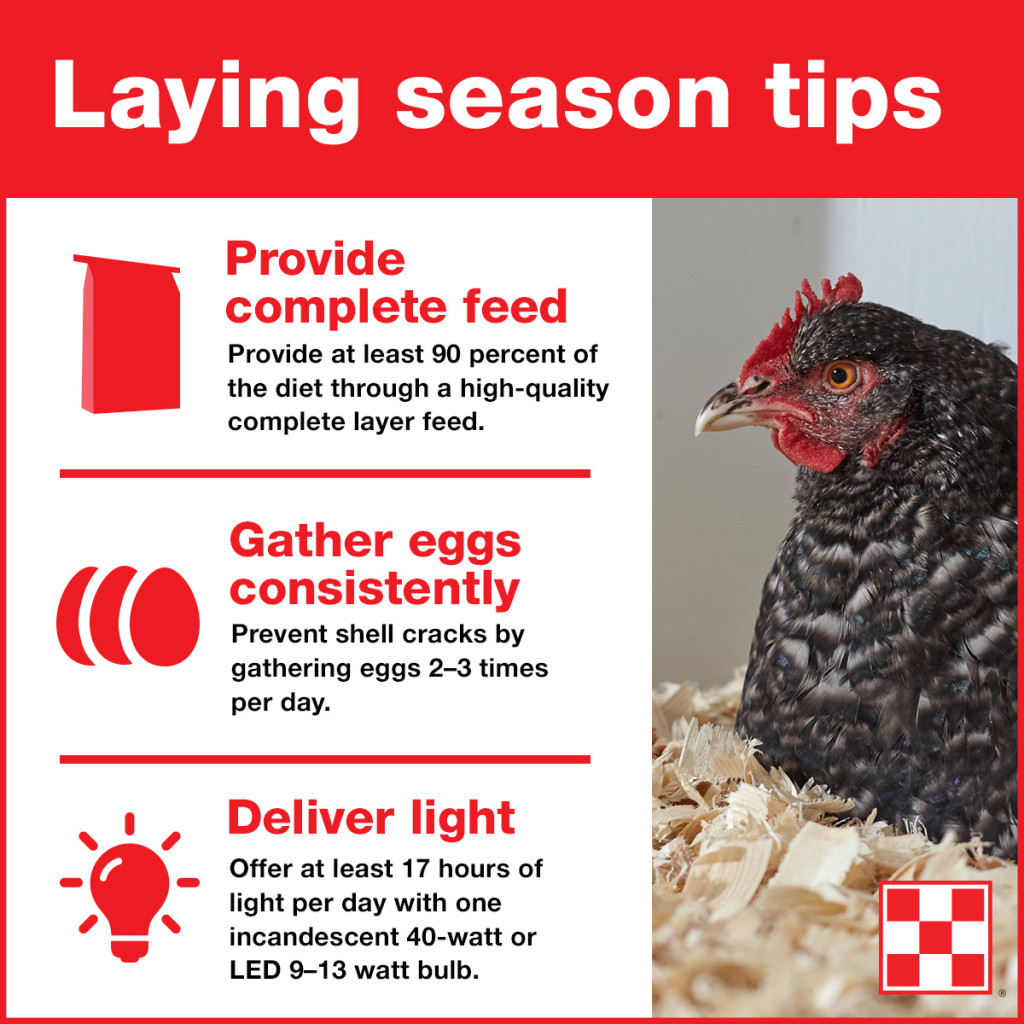Have you ever wondered why do hens lay eggs? This article provides an overview of chicken husbandry, which is the practice of raising chickens for their eggs. It will explain the why and how of chicken egg-laying and the importance of proper chicken care and nutrition. Additionally, it will discuss the environmental benefits of keeping chickens in the backyard and the potential problems that can arise from raising chickens. Finally, it will provide tips for keeping a healthy flock of chickens.
How Does a Hen Lay an Egg

A chicken’s reproductive system is quite different from a human’s, and the egg-laying process is an important part of understanding why chickens lay eggs. At its core, the egg-laying process is the hen’s way of reproducing and preserving her species.
Anatomy of a Hen
The female chicken, or hen, has a reproductive system that is specifically designed for egg-laying. The oviduct is a long tube that is connected to the ovary and uterus. The hen’s ovary is responsible for producing the yolk, which is the nutrient-rich center of the egg. The uterus is responsible for producing the albumen, or egg white.
The Egg-Laying Process
The egg-laying process begins when the hen’s ovary releases a yolk. The yolk then passes through the oviduct, where the albumen, or egg white, is added. As the egg passes through the oviduct, the hard outer shell and other components, such as the egg membranes and air cell, are added. Finally, the egg is laid and the process is complete.
The egg-laying process is a complex and fascinating one that is essential to the survival of the species. By understanding the why and how of chickens laying eggs, we can better appreciate the role of chickens in our lives. Ultimately, understanding why chickens lay eggs can help us to better care for and appreciate these incredible animals.
Chicken Husbandry

Breeds
There are hundreds of breeds of chickens worldwide that provide eggs, meat, and feathers. Some of the most common egg-laying breeds are the Rhode Island Red, the White Leghorn, the Barred Rock, and the Australorp.
Feeding
Chickens require a balanced diet of proteins, carbohydrates, and fats. A good quality layer feed is the most efficient way to provide the necessary nutrients to keep chickens healthy and productive. It is also important to provide chickens with a source of calcium, such as oyster shells, to ensure that they produce strong eggshells.
Housing
The housing of chickens is an important part of chicken husbandry. Chickens need a dry, draft-free space that is well-ventilated. The housing should also be predator-proof and provide plenty of roosting space. A clean, warm environment is essential for the health and well-being of the chickens. Additionally, it is important to ensure that the chickens have easy access to food and water.
How does a hen lay an egg?
When a hen is ready to lay an egg, she will release an egg from her oviduct, which is a tube inside her body. The egg is then coated in a thin layer of protective membrane, which hardens into a protective shell. The hen then lays the egg and the process starts again.
Benefits of Eggs

Nutritional Benefits
Eggs are a great source of protein with essential amino acids and fatty acids that are beneficial for the body. They also contain minerals, vitamins and antioxidants. Eggs are low in calories and high in many essential vitamins and minerals, making them a nutrient-dense food. Why do hens lay eggs? It is because of the amazing nutritional benefits they provide.
Financial Benefits
Eggs are a cost-effective food choice and can be used in a variety of dishes. They are an affordable source of protein, and purchasing them in bulk can help lower the cost even further. Eggs are also a great way to stretch a meal, as they can be used to add texture and flavor to dishes. Eggs are a great way to get the most out of a food budget, which is why hens lay eggs.
Conclusion

- Hens lay eggs as a form of reproduction. Reproduction is an essential part of any species’ life cycle and contributes to the survival of the species.
- Chicken husbandry is the practice of raising chickens. This practice is used to ensure the chickens are healthy, safe, and well-fed, and can provide eggs, meat, and other products.
- Raising chickens requires careful management. Chicken keepers must provide adequate food, housing, and veterinary care to keep their chickens healthy and productive.
- Hens lay eggs for a variety of reasons. These reasons can include genetics, environmental factors, and the age or health of the hen.
In conclusion, chickens lay eggs as a form of reproduction, and chicken husbandry is the practice of raising chickens for their eggs, meat, and other products. Raising chickens requires careful management, and the number and quality of eggs laid by a hen can vary due to a variety of factors.
References

| Author | Title | URL |
|---|---|---|
| Preston-Mafham, Ken | The Encyclopedia of Animal Life | https://books.google.com/books?id=L-j_DwAAQBAJ&pg=PA10 |
| Hendricks, Robert | Poultry Production | https://books.google.com/books?id=_a_nCgAAQBAJ&pg=PT176 |
| Dumas, Marjorie | The Chicken Encyclopedia | https://books.google.com/books?id=TKgXDQAAQBAJ&pg=PA63 |
| Sterner, Julie | Chicken Keeping: What to Do and What Not to Do | https://books.google.com/books?id=TKgXDQAAQBAJ&pg=PA63 |
How does Chicken Husbandry Affect Egg Production?

Egg production in chickens is a complex process that is heavily influenced by husbandry practices. These practices include:
- Feeding: Proper nutrition is essential for hens to produce eggs on a regular basis. A balanced diet for chickens should include grains, vitamins and minerals, and a calcium source such as oyster shell or crushed eggshell.
- Lighting: Chickens require a certain amount of daylight and darkness each day to keep their biological clock on track. This helps to stimulate the production of hormones that regulate egg production.
- Environment: Chickens need to be housed in a safe, comfortable environment. This includes adequate space, clean bedding and shelter from the elements. Temperature and humidity levels should also be monitored to keep hens healthy and comfortable.
- Health: Keeping hens free from parasites, infection and disease is key to ensuring they remain healthy and are able to produce eggs. Regular health checks and an effective vaccination programme should be implemented to protect the flock.
Proper husbandry practices are essential for hens to produce eggs on a regular basis. If these practices are not adhered to, egg production can be disrupted, leading to a decrease in production and a decrease in the quality of eggs.
Conclusion:

Hens lay eggs to continue their species, as a natural biological process. The ability to control the number of eggs laid, and when they are laid, has enabled humans to sustainably raise chickens for a variety of purposes. Different breeds of chickens are better suited to different purposes, such as egg production or meat production. With proper husbandry, chickens can live long, healthy, and productive lives.
“Chicken Husbandry”
Chicken husbandry is a skill that must be properly managed in order for hens to lay eggs safely and efficiently
When it comes to keeping chickens, there are a number of things that need to be done in order to ensure that the birds are healthy, safe, and able to lay eggs. Good husbandry practices, such as proper nutrition, housing, and veterinary care, are essential for successful egg-laying. To understand why hens lay eggs, it is important to understand the basics of chicken husbandry.
Nutrition is essential for a hen’s health and egg production. Hens require a balanced diet of protein, carbohydrates, fats, vitamins, and minerals. A balanced diet helps ensure that the hens are getting enough nutrients to produce eggs and stay healthy.
Housing is also important for a hen’s health and egg production. Hens need a safe, secure, and comfortable space in which to lay their eggs. This space should be protected from predators and provide adequate ventilation.
Veterinary care is an important part of chicken husbandry as it helps to ensure that the birds are kept in optimal health. Regular check-ups, vaccinations, and treatment for any diseases or parasites are necessary for the health of the birds.
By understanding and properly managing chicken husbandry, hens can be kept safe and healthy, and will be able to lay eggs efficiently and safely.
Frequently Asked Questions
How Often Do Chickens Lay Eggs?
- Average Laying Rate: On average, most chickens lay eggs at a rate of 1-3 eggs per week.
- Seasonal Variation: Chickens tend to lay fewer eggs during winter months, and more eggs during summer months.
- Age & Breed: Laying rate is also impacted by age and breed, with some breeds laying more eggs than others, and hens typically laying more eggs in the first 2 years of life.
The amount of eggs a chicken lays depends on various factors, such as the breed and age of the chicken, as well as the season. On average, most chickens lay 1-3 eggs per week, but this number can vary depending on the breed and age of the chicken. During the winter months, chickens tend to lay fewer eggs, and during the summer months, they tend to lay more eggs. The breed and age of the chicken also play a role, with some breeds laying more eggs than others, and hens typically laying more eggs in the first 2 years of their life.
What is the Optimal Temperature for a Chicken Coop?
Chickens prefer temperatures between 18-25°C (65-77°F). Maintaining this range will ensure your chickens stay healthy and happy, as well as being able to lay eggs. Extreme temperatures should be avoided as chickens can suffer from heat stress and chill if they are exposed to temperatures outside their preferred range. Additionally, providing adequate ventilation in the coop can help to regulate the temperature.
What is the Best Diet for Chickens?
Chickens require a balanced diet consisting of carbohydrates, proteins, fats, vitamins, minerals, and water. The best diet for chickens includes a variety of grains, vegetables, and fruits. Protein-rich foods such as meat, fish, and eggs should also be included. Additionally, free-range chickens should be provided with grit and oyster shells for calcium. Providing chickens with a balanced diet will ensure they lay healthy eggs and remain in optimal health.
How Can I Identify a Healthy Egg?
- Shell: Healthy eggs should have a strong and smooth shell, free of cracks and blemishes.
- Weight: Healthy eggs should have a consistent weight and size.
- Yolk: Healthy eggs should have a bright, orange-yellow yolk.
- White: Healthy eggs should have a thick, clear white that holds together.
- Smell: Healthy eggs should have no detectable smell.
When selecting eggs, look for ones that meet all of these criteria. If the eggshell is cracked or has blemishes, the egg is most likely unhealthy. If the yolk is pale or watery, the egg may not be fresh. If the egg has an unpleasant odor, discard it.
How can I tell when a hen is about to lay an egg?
- Nesting Behavior: A hen that is about to lay an egg may begin to search for a suitable nesting area. She may also become more vocal and restless as she searches for a safe place to lay her egg.
- Changes in Egg Production: A hen will often lay fewer eggs in the days leading up to egg-laying. This is a sign that the hen is preparing to lay an egg.
- Physical Signs: A hen’s abdomen may become larger and her back may be more rounded as she prepares to lay an egg. She may also appear to be straining or pushing as she gets ready to lay.
- Vocalizations: As a hen is about to lay, she may make a low, moaning sound. She may also cluck or make a soft purring sound.
Conclusion

Hens lay eggs as a result of their evolutionary development and natural habits. They lay eggs to reproduce, and the eggs provide nourishment for their chicks when they hatch. Understanding the basics of chicken husbandry, such as the environment and nutrition needed for a healthy flock, can help ensure that the eggs produced are of the highest quality.
References

